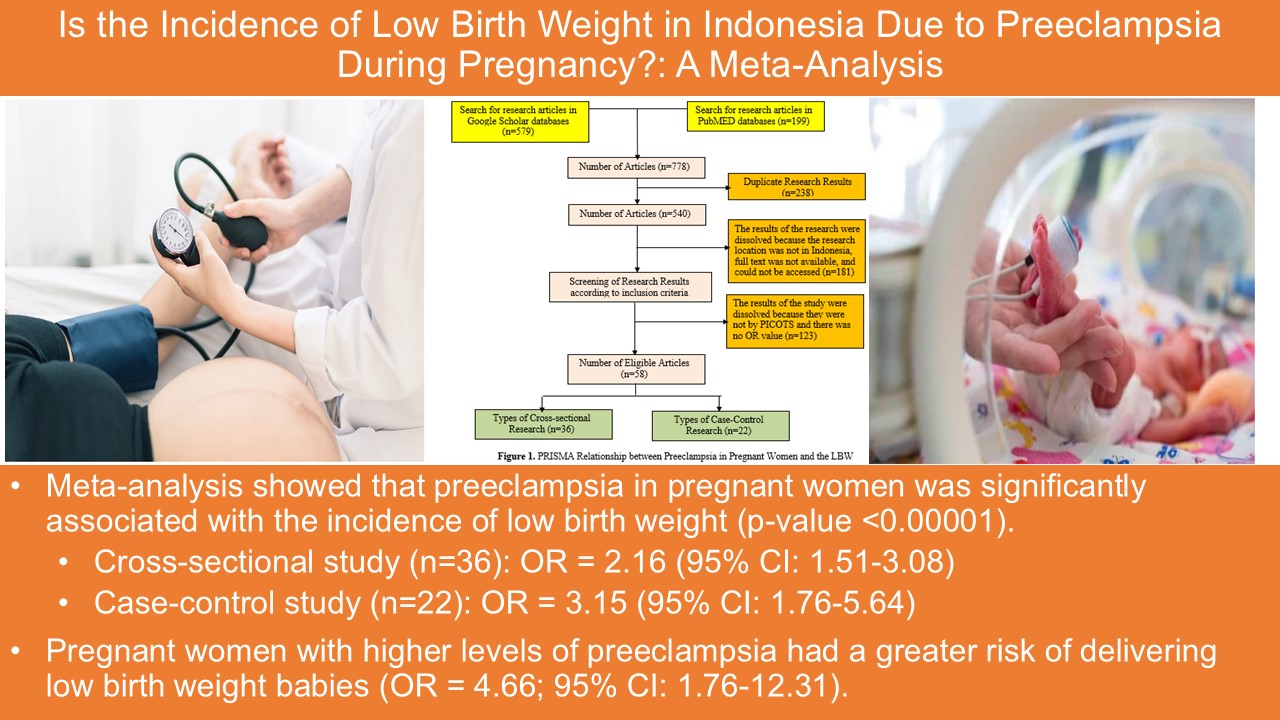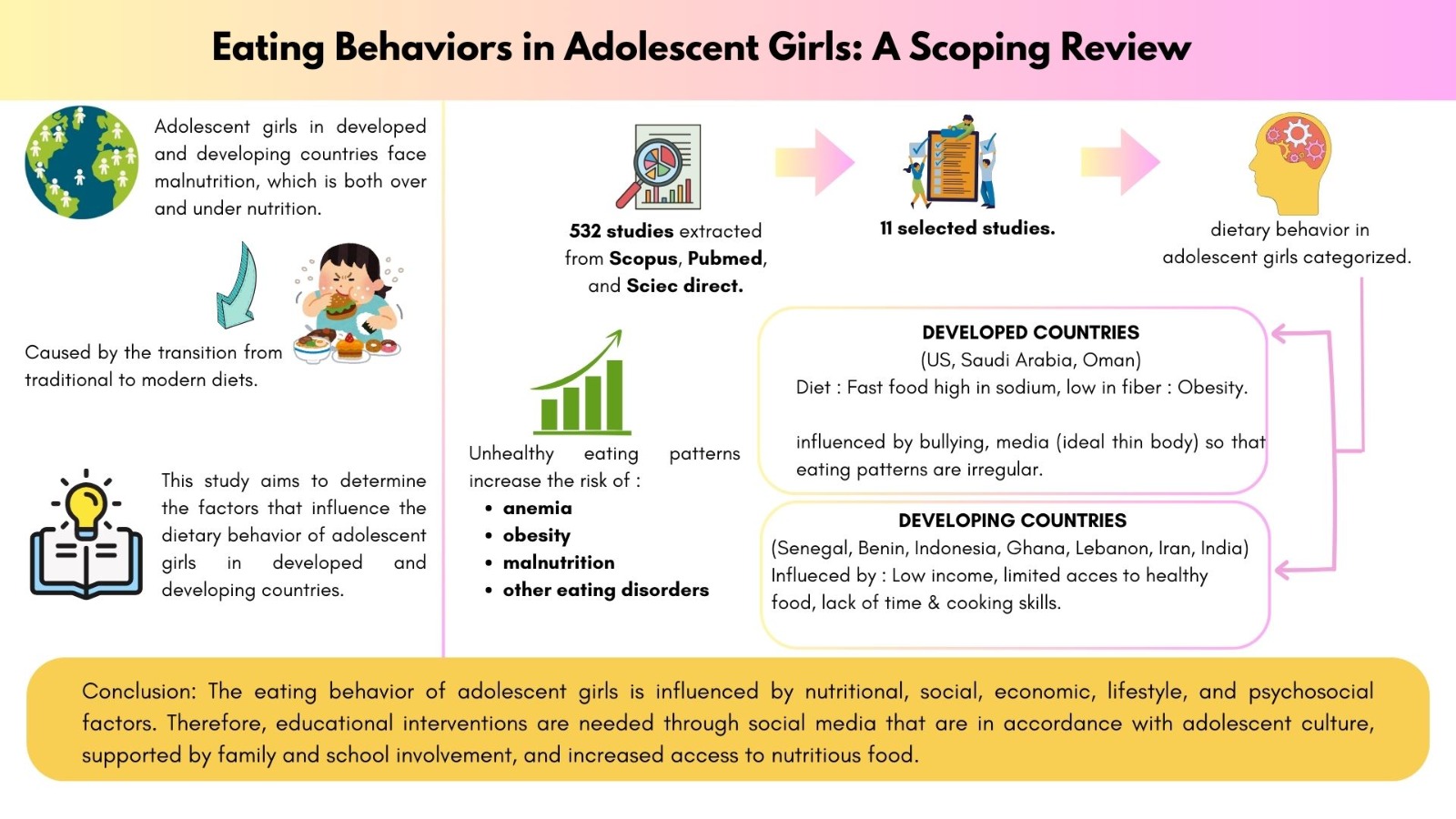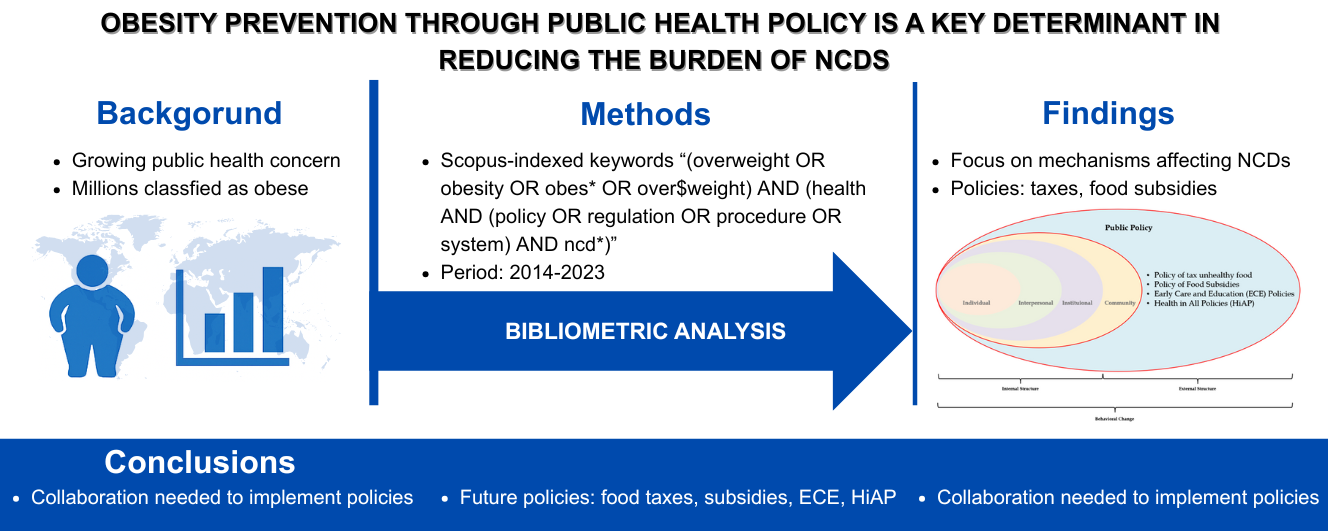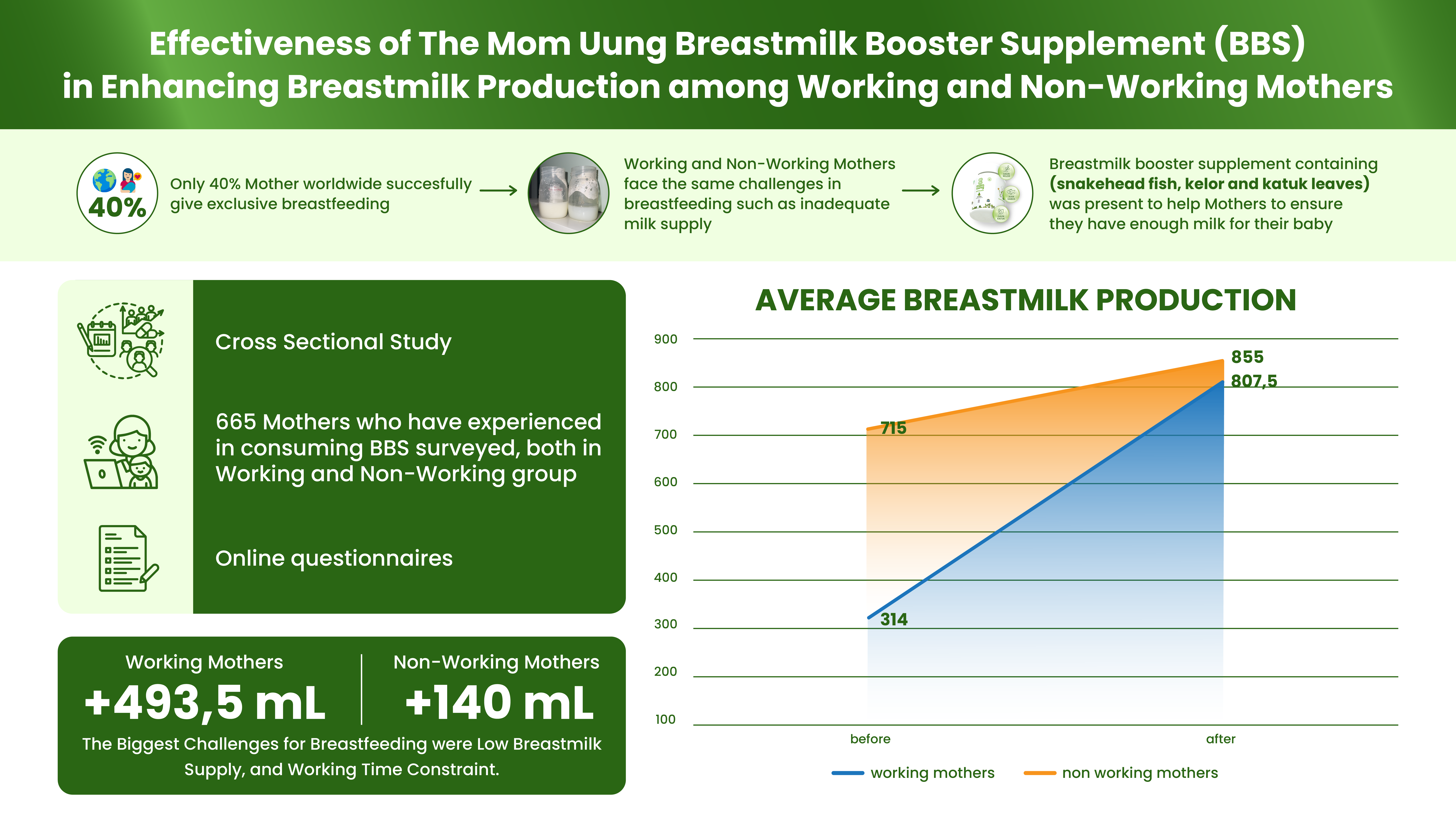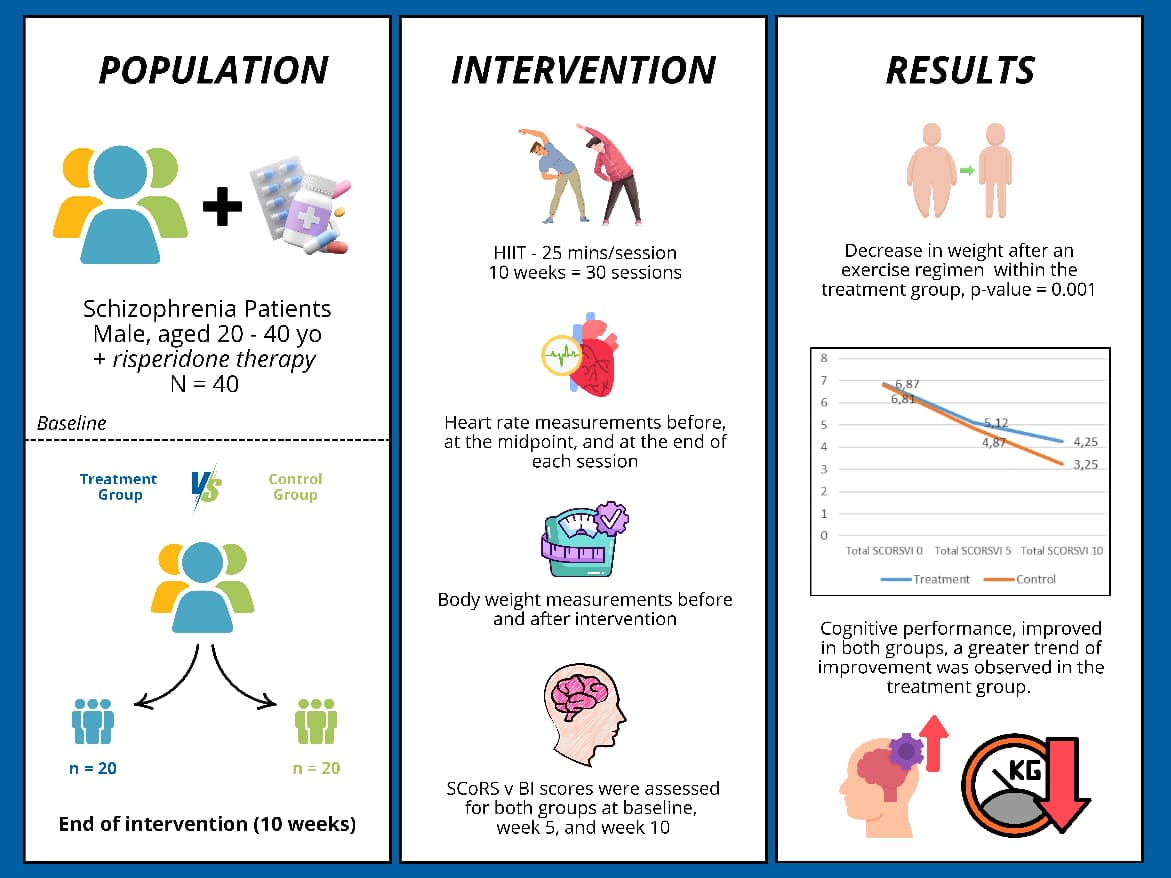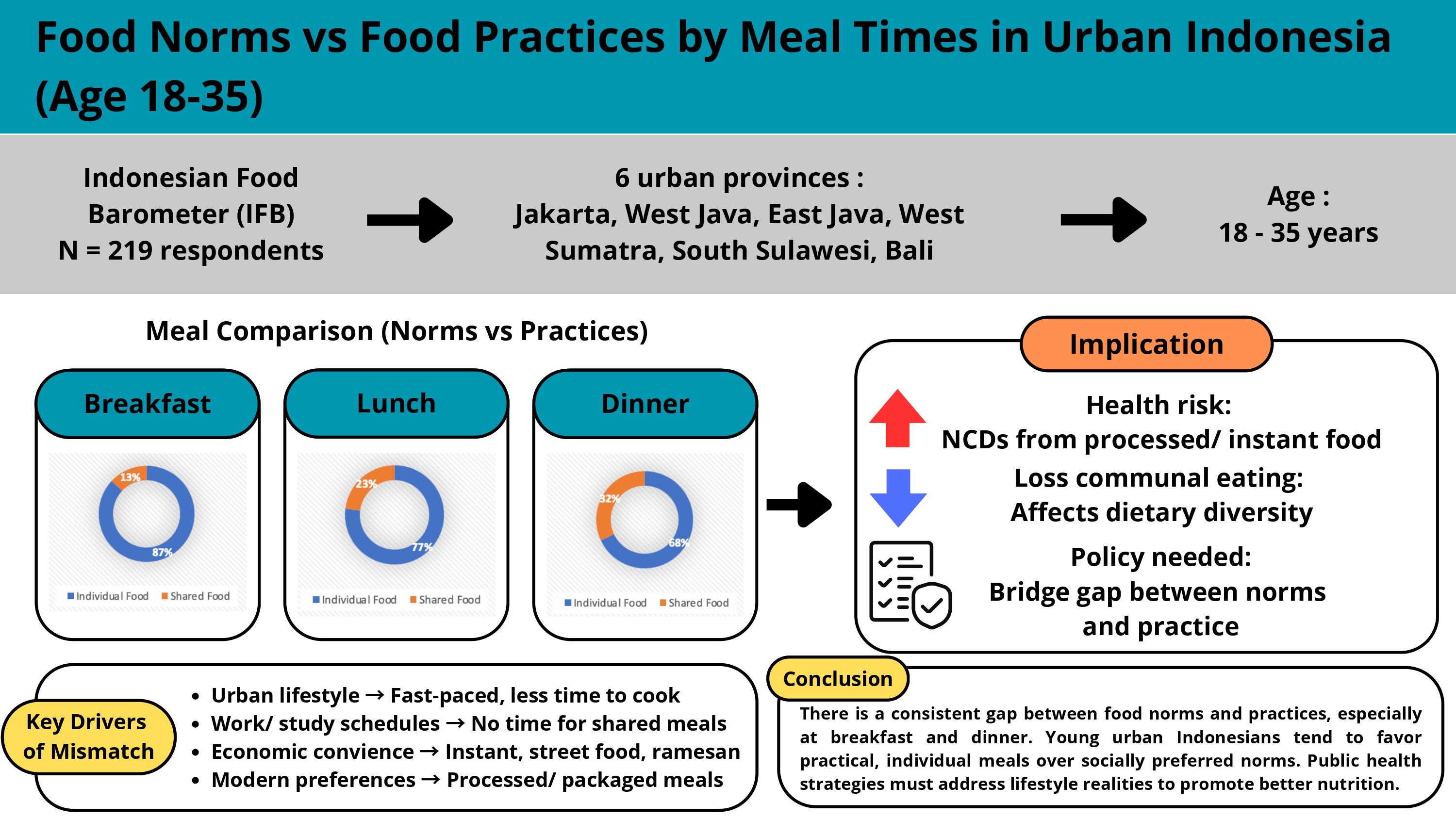The Effect of Providing Nutritional Counseling on the Level of Knowledge, Attitudes, and Compliance with Fe Tablets Consumption for Pregnant Women with Anemia in the Grogol Community Health Center Area
Downloads
Background: Anemia contributes to maternal mortality during pregnancy, with a 2021 prevalence of 5.02% in Grogol. Non-compliance with Fe tablet consumption is a key factor. Nutritional counseling can effectively improve mothers' knowledge, attitudes, and compliance with Fe tablet intake.
Objective: This study examines the impact of nutritional counseling on knowledge, attitudes, and compliance with Fe tablet consumption among anemic pregnant women at Grogol Community Health Center.
Method: Using a pre-experimental one-group pre-post-test design, 35 anemic pregnant women in their second and third trimesters were randomly sampled from clinic records. They received 15-20 minutes of counseling with leaflets. Knowledge and attitudes were assessed via interviews and questionnaires, while compliance was measured using the pill count formula. The Wilcoxon Signed Rank Test evaluated changes from baseline to post-counseling.
Results: Nutritional counseling increased knowledge (28.60%), attitudes (17.10%), and compliance (22.80%). Significant improvements were found in knowledge (p=0.001), attitude (p=0.001), and Fe tablet compliance (p=0.002).
Conclusion: Nutritional counseling at the Grogol Community Health Center should be provided periodically to carry out promotive and preventive functions in the incidence of anemia in pregnant women.
Adnyana, G. A. N. W. S., Armini, N. W., dan Suarniti, N. W. 2020. Gambaran Pengetahuan Tentang Anemia dan Kepatuhan Remaja Dalam Mengkonsumsi Tablet Tambah Darah. Jurnal Ilmiah Kebidanan. 9(1): 103-109.
Agegnehu, G., Atenafu, A., Dagne, H., and Dagnew, B. 2019. Adherence to Iron and Folic Acid Supplement and its Associated Factors Among Antenatal Care Attendant Mothers in Lay Armachiho Health Centers, Northwest, Ethiopia, 2017. International Journal of Reproductive Medicine. 2019(1): 1–9.
Aminin, F., dan Dewi, U. 2020. Kepatuhan Ibu Hamil Mengkonsumsi Tablet Fe di Kota Tanjung Pinang Tahun 2017. Jurnal Ners Dan Kebidanan (Journal of Ners and Midwifery). 7(2): 285–292.
Azwar, S. 2013. Sikap Manusia: Teori dan Pengukurannya. Yogyakarta: Pustaka Pelajar.
Bara, F. T., Fanny, L., dan Wijayanegara, H. 2015. Pengaruh Konseling Gizi pada Ibu Hamil Dengan Anemia Terhadap Status Gizi di Kecamatan Minasatene dan Kecamatan Pangkajene Kabupaten Pangkajene dan Kepulauan. Jurnal Ilmiah Kesehatan Diagnosis. 6(2): 253-261.
Berhane, A., and Belachew, T. 2022. Effect of Picture-Based Health Education and Counselling on Knowledge and Adherence to Preconception Iron-Folic Acid Supplementation Among Women Planning to be Pregnant in Eastern Ethiopia: A Randomized Controlled Trial. Journal of Nutritional Science. 11(58): 1-11.
Djati, T. P., Sulistyowati, E., dan Hendriyani, H. 2017. Pengaruh Konseling Gizi Terhadap Konsumsi Tablet Tambah Darah dan Kadar Hb Ibu Hamil Trimester II dan III di Wilayah Puskesmas II Sumpiuh. Jurnal Riset Gizi. 5(1): 76-85.
Fitrianingsih, W., Suindri, N. N., dan Armini, N. W. 2019. Hubungan Antara Pengetahuan, Pendapatan, dan Pekerjaan Ibu Dengan Kehamilan Risiko Tinggi di Puskesmas Kecamatan Denpasar Barat Tahun 2018. Jurnal Ilmiah Kebidanan. 7(2): 98-108.
Hadiyani, W., dan Yunidha, V. 2019. Pengaruh Kepatuhan Konsumsi Tablet Fe Terhadap Kadar Haemoglobin Ibu Hamil. Jurnal Ilmiah Keperawatan. 5(1): 7-13.
Herawati, Y., dan Rusmiati, D. 2018. Hubungan Frekuensi Umur, Tingkat Pendidikan, dan Usia Kehamilan Dengan Kejadian Anemia Pada Ibu Hamil. Jurnal Stikes Mitra RIA Husada. 1(1): 1-7.
Juma, M., Oiye, S. O., and Konyole, S. O. 2015. Predictors of Optimum Antenatal Iron-Folate Supplementation in A Low Resource Rural Set-up in Eastern Kenya. Journal Public Health Epidemiol. 7(11): 337-345.
Kamau, M., Mirie, W., Kimani, S., and Mugoya, I. 2019. Effect of Community-Based Health Education on Knowledge and Attitude Towards Iron and Folic Acid Supplementation Among Pregnant Women in Kiambu County, Kenya: A Quasi-Experimental Study. PLoS ONE. 14(11): 1-21.
Kementrian Kesehatan Republik Indonesia. 2018. Hasil Utama Riskesdas 2018. Jakarta: Badan Penelitian dan Pengembangan Kesehatan Republik Indonesia.
Kementrian Kesehatan Republik Indonesia. 2021. Profil Kesehatan Indonesia Tahun 2020. Jakarta: Kementrian Kesehatan RI.
Khairia, N. 2018. Pengaruh Konseling Gizi Menggunakan Media Leaflet Terhadap Pengetahuan, Sikap, dan Kepatuhan Konsumsi Tablet Tambah Darah Pada Ibu Hamil di Wilayah Kerja Puskesmas Lepo-lepo Kota Kendari. Skripsi. Kendari: Politeknik Kesehatan Kendari.
Nahrisah, P., Somrongthong, R., Viriyautsahakul, N., Viwattanakulvanid, P., and Plianbangcang, S. 2020. Effect of Integrated Pictorial Handbook Education and Counselling on Improving Anemia Status, Knowledge, Food Intake, and Iron Tablet Compliance Among Anemic Pregnant Woman in Indonesia: A Quasi-Experimental Study. Journal of Multidisciplinary Healthcare. 2020(13): 43-52.
Notoatmodjo, S. 2014. Promosi Kesehatan dan Perilaku Kesehatan. Jakarta: Rineka Cipta.
Purbowati, N. 2016. Pengaruh Konseling Menggunakan Lembar Balik dan Leaflet Terhadap Kepatuhan Ibu Hamil Mengkonsumsi Tablet Besi. Jurnal 2-TRIK Tunas-tunas Riset Kesehatan. 6(3): 143-147.
Purwati, R., and Dayani, D. N. 2022. Relationship of Knowledge and Attitude of Pregnant Women with Compliance Consuming Blood Tablets at Puskesmas Koto Baru, Dharmasraya Regency in 2022. Journal of Midwifery and Nursing. 4(3): 94-99.
Rahmaniah & Linda, P. S. 2019. Hubungan Umur Ibu dan Paritas Dengan Kejadian Anemia Pada Ibu Hamil di Wilayah Kerja Puskesmas Totoli. Journal of Health, Education and Literacy. 1(1): 24-28.
Savadogo, L., Salimata, O., Tamini, C., Kinda, M., and Donnen, P. 2014. Characteristics of Severely Anemic Pregnant Women and Perinatal Outcomes in Banfora Regional Hospital, Burkina Faso: An Epidemiological Study. Open Journal of Obstetrics and Gynecology. 4(5): 234-238.
Stretcher, V., and Rosenstock, I. M. 1997. The Health Belief Model. In K. Glanz, F.M. Lewis, & B.K. Rimer (Eds.), Health Behavior and Health Education: Theory, Research, and Practice (2nd ed.). San Fransisco: Jossey Bass.
Utari, D., dan Rahmad, A. H. A. 2020. Pengetahuan dan Sikap Ibu Hamil Dengan Pola Kepatuhan Mengonsumsi Tablet Tambah Darah di Kabupaten Aceh Timur. Jurnal SAGO Gizi dan Kesehatan, 4(1): 8-13.
World Health Organization. 2021. Anemia in Women and Children. Retrieved from. https://www.who.int/data/gho/data/themes/topics/anaemia_in_women_and_children.
Yanti, D. A. M., Sulistianingsih, A., dan Anggraeni, S. 2018. Peningkatan Pengetahuan, Sikap, dan Kepatuhan Melalui Konseling Nutrisi Pada Ibu Hamil Anemia di Kabupaten Pringsewu. Media Publikasi Penelitian. 15(2): 52-60.

This work is licensed under a Creative Commons Attribution-NonCommercial-ShareAlike 4.0 International License.
- MEDIA GIZI INDONESIA Journal is the copyright owner of all materials published on this website.
- The formal legal provisions for access to digital articles of this electronic journal are subject to the terms of the Creative Commons Attribution-NonCommercial-ShareAlike license (CC BY-NC-SA 4.0), which means that MEDIA GIZI INDONESIA Journal and readers reserve the right to save, transmit media / format, manage in database, maintain, and publish articles as long as it continues to include the name of the Author.
- Printed and published print and electronic manuscripts are open access for educational, research and library purposes. In addition to these objectives, the editorial board shall not be liable for violations of copyright law.


2.png)















